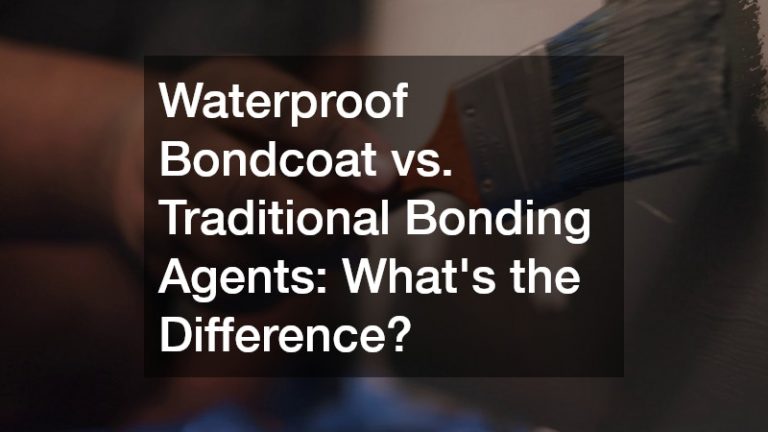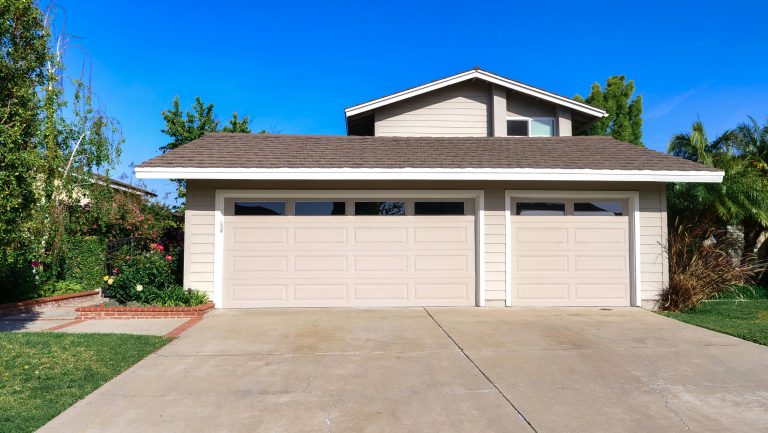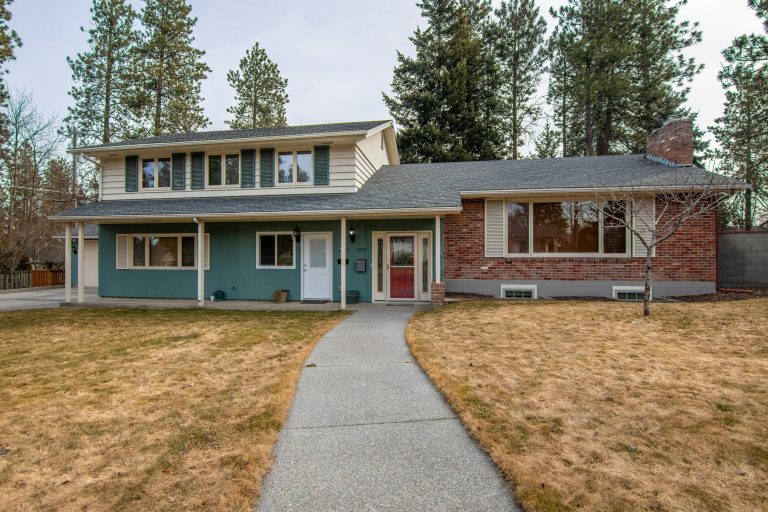

According to FBI statistics, 1.9 million burglaries occurred in the U.S. and resulted in $4.5 billion worth of property loss. Of these burglaries, 59% resulted from forced entry. And while 74% of burglaries in 2013 happened at residential properties, a significant portion occurred at commercial locations.
A large portion of break ins could be avoided by properly installed security measures, the most important including commercial grade doors and locks. Below you will find a guide describing the various types of commercial locks available.
Basic Commercial Door Locks
- Cam Locks: are the common lock choice for things like filing cabinets and mailboxes. They are used for small areas that require additional security. These locks offer lots of options for lengths and locking mechanisms.
- Deadbolts: Commercial grade deadbolts offer high levels of security. These deadbolts use steel door frames and deadbolts made of hardened steel alloys. Forced entry through a commercial deadbolt is extremely difficult.
- IC Cylinders: Interchangeable core (IC) cylinders are great options for businesses that may need to change locks frequently. Locksmiths can rekey the core of the lock without having to adjust door hardware or take the lock apart.
- Lever Handle Locks: are an excellent option for interior doors that require locking capabilities. Lever handle locks are good options for commercial use because the handle is pushed down, not turned. The locks are ADA accessible and are easily adjustable.
- Padlocks: are not permanently fixed to door frames, so they can be easily reused, replaced and positioned in different areas. They can either be operated by keys or combination codes. Some come with added security that make it more difficult to be cut with bolt cutters and other tools.
- Mortise Locks: requires a pocket to be cut into the door. It is a combination, dual action lock, meaning that both a deadbolt and door knob lock are housed within one single lock.
Specialty Commercial Door Locks
- Alarmed Rimmed Locks: are equipped with visual and audio alarms, so owners and officials can be alerted if a door if someone tries to forcefully enter a building. Most are water and weather resistant.
- Card Reader Locks: are upgraded locks that require key cards for entry. Weather and vandal resistant card readers are placed on the outside of doors. In order to receive admittance, a properly coded ID card must be swiped, or in some models touched, through the reader.
- Exit Control Locks: are often found on the back door of businesses. Many of these doors to not have traditional handles on the exterior of the door, but favor combination or card reader locks. Some exit control doors are fitted with alarms, so if anyone tries to open the door from the inside without permission the alarm will sound.
- Finger Print Locks: are hi-tech locks that use biometric technology to read fingerprints. An individual’s fingerprints must be stored and approved by the lock’s system before they receive access to enter a door. These systems include a traditional key override the system in emergency situations.
Review your business’s doors and locks today. If they aren’t install a commercial replacement door and commercial locks immediately. Consult a locksmith to about installing a door with commercial grade security. Ask about which type of commercial door locks and different types of keys would be best for your business. Don’t let burglars or only unwanted individuals catch you unprepared.






